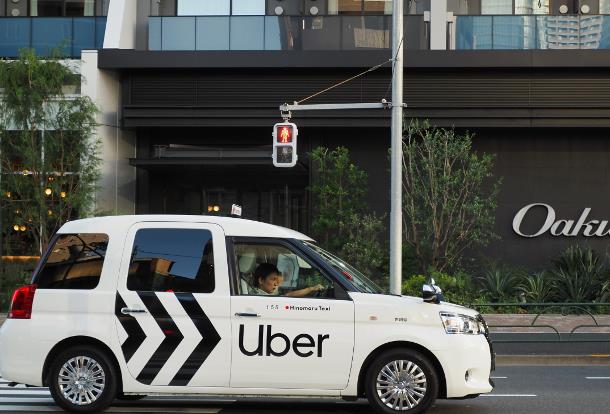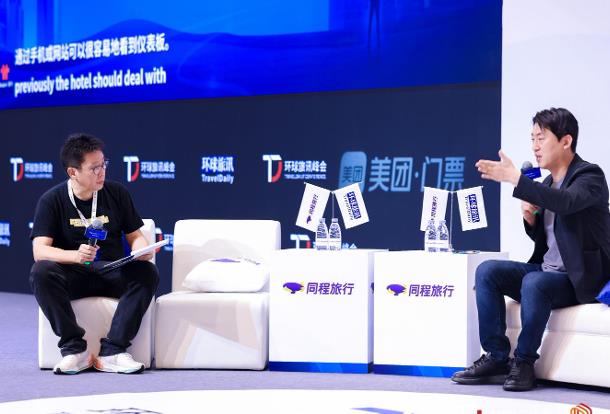Overseas media reported that Uber China has recently received a venture capital of one billion US dollars from investors, among them China’s largest search engine Baidu and China CITIC Bank.
Sources said that Uber’s investors are fully confident in its success in the Chinese market despite the fierce competition in the mobile car hire and chauffeur service segments.

Uber's stylish marketing starkly contrasts campy PR from Chinese competitors
Other notable investors in this round of investment include Asia’s largest hedge fund Hillhouse Capital, China Life Insurance Group and Ping An Insurance.
Baidu is already Uber’s shareholder and a staunch online market backer of Uber China, having invested millions of dollars in the company. Baidu currently promotes Uber’s chauffeur service on its products like Baidu Map.
Uber China has also been drawing the attention of China's major financial institutions.
Industry observers previously reported that Ping An Insurance Group was planning to invest in Uber China, while a subsidiary of China CITIC Bank planned to invest US$80 million in Uber International and US$20 million in Uber China. However the actual investment in Uber by CITIC this time remains unknown.
Uber China’s current estimated value is US$7 billion and it plans to make an independent IPO on the China stock market before 2020, according to sources familiar with the transaction documents.
Uber International raised US$1 billion in its July financing round from investors including Microsoft and a major Indian media corporation. It is now the most valuable private technology company in the world with an estimated value of US$51 billion.
Uber has been expanding in China at breakneck speed and now operates in over 50 cities with its large team, largely recruited from first and second-tier cities, feverishly expanding the scale of its chauffeur and mobile car hire services.
China’s chauffeur and mobile car hire markets have become a raging battleground with the rise of Uber China, and top Chinese player Didi-Kuaidi directly taking on Uber. China’s IT triumvirate –Baidu, Alibaba and Tencent – have also taken sides in the war, with Alibaba and Tencent supporting homegrown taxi app Didi-Kuaidi and Baidu backing foreign upstart Uber.(Translation by David)




